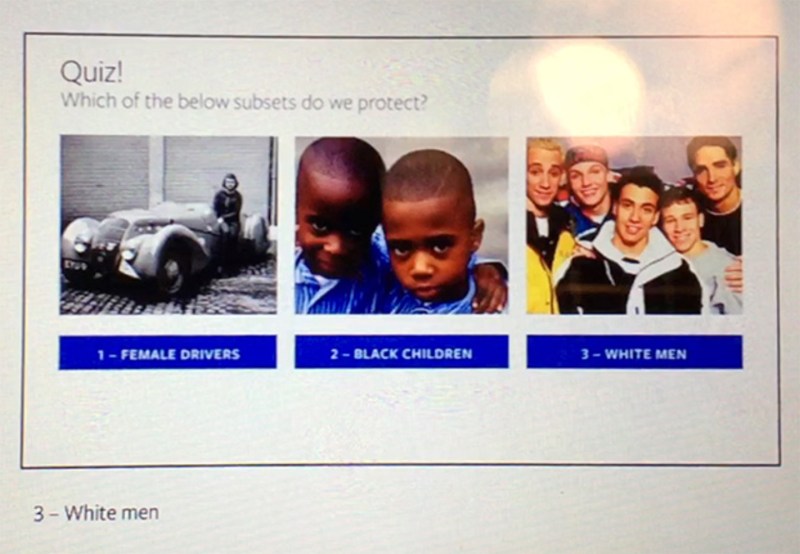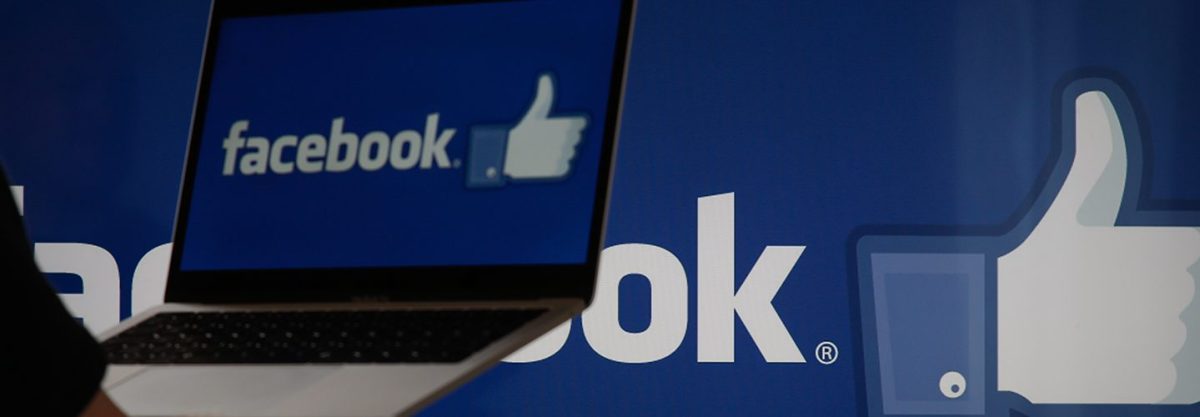The largest social media company is under fire for some anti-social tendencies.
In a complex and extensive report on Facebook’s censorship rulebook, ProPublica reviewed internal documents and found that the social media giant trains its content reviewers to block or delete hate speech against so-called “protected categories.” But that includes white males, while allowing attacks on “subsets” of groups like black children.

The rationale for what qualifies as a “protected category” is complicated and, Facebook itself admits, imperfect. According to ProPublica, the only reason that Facebook will delete curses, slurs, calls for violence and other types of attacks, is when they are directed as so-called “protected categories.” These categories are based on race, sex, gender identity, religious affiliation, national origin, ethnicity, sexual orientation and serious disability/disease.
However, this protection does not extend to “subsets” of these groups of people, which includes black children, because while they are protected by their race, they are not protected by their age.
“The policies do not always lead to perfect outcomes,” Monika Bickert, head of global policy management at Facebook, told ProPublica. “That is the reality of having policies that apply to a global community where people around the world are going to have very different ideas about what is OK to share…I’ll be the first to say that we’re not perfect every time.”
The bottom line is this: Facebook’s default position, a person familiar with the decision-making reportedly told ProPublica, is to allow as much free speech as possible.
Facebook has yet to respond to a request from RealClearLife for comment.
This article was featured in the InsideHook newsletter. Sign up now.
























